Search Results
Showing results 1 to 20 of 26
What Causes Rainbows?
Source Institutions
In this activity, learners explore how and why rainbows form by creating rainbows in a variety of ways using simple materials. Learners create rainbows indoors and outdoors.

The Thousand-Yard Model
Source Institutions
This is a classic exercise for visualizing the scale of the Solar System.
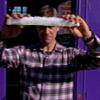
Jem's Pykrete Challenge
Source Institutions
In this activity, learners make pykrete by freezing a mixture of water and a material like cotton wool, grass, hair, shredded paper, wood chips, or sawdust.
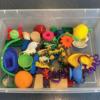
Sink or Float
Source Institutions
In this activity, learners explore and compare the buoyant properties of materials found in nature and in human-made materials.
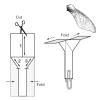
Helicopters
Source Institutions
In this activity, learners will observe how air interacts with a paper helicopter. Learners will test different variables of weight, size, and shape.

Pop Rockets
Source Institutions
Learners place water and part of an antacid tablet in a film canister. The reaction creates a gas reaction that launches the film canister like a rocket.
Magnus Glider
Source Institutions
A design challenge that takes paper airplanes into an entirely different direction: a magnus glider uses cups and and rubber bands to create a glider that uses the same forces that a curveball (from b
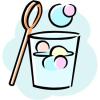
Why Are Bubbles So Colorful?
Source Institutions
In this activity, learners explore why they can see colors in bubbles and why they change.

Boomerang
Source Institutions
Learners trace, cut out and fly a boomerang, outdoors or in a large indoor space.
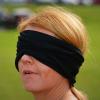
Two Ears are Better Than One: Sound Localization
Source Institutions
This activity (9th activity on the page) about hearing demonstrates to learners the importance of having two ears.
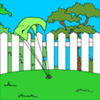
Gravity in Action
Source Institutions
Explore the effects of gravity on a slowly falling object: a parachute you make out of plastic bags, string and stones.
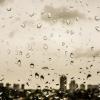
It's the "Rain," Man
Source Institutions
In this weather forecasting activity, learners use common materials to construct a rain gauge and measure daily, monthly, and yearly rainfall.
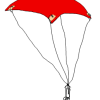
Tissue Paper Parachute
Source Institutions
In this activity, learners make a parachute out of tissue paper, tape, and string. Then, learners test their parachute to see how many paper clips it can carry.
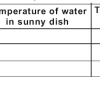
Cool Trees
Source Institutions
This warm weather activity introduces learners to the impact trees have on blocking the sun's heat and reducing temperature on the Earth's surface.
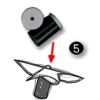
Parachuting Pinwheel
Source Institutions
Build a pinwheel that works without wind! This activity contains steps on how to build a parachuting pinwheel out of paper, a film canister, and some brads.

Tiny Pants Photo Challenge
Source Institutions
In this activity, learners use a simple trick of perspective to dress friends in tiny cutout clothing. Learners make tiny pants out of card stock and tape them to the end of a stick.
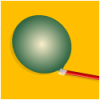
Rocket Pinwheel
Source Institutions
This is an activity about motion, power, air and Newton’s Third Law of Motion, which states that for every action there is an equal and opposite reaction.
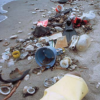
Trash Traits
Source Institutions
In this activity on page 24, learners perform experiments to examine whether or not trash can float, blow around, or wash away.
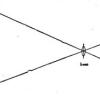
Bring it into Focus
Source Institutions
In this activity (page 2 of PDF), learners play with a lens and a piece of paper to focus an image on the paper. Learners look at different things, and see how the lenses affect the image.

Make a Garbage Bag Kite
Source Institutions
Make a kite out of a garbage bag, shower curtain, painting tarp--anything light, thin, flexible and plastic!
